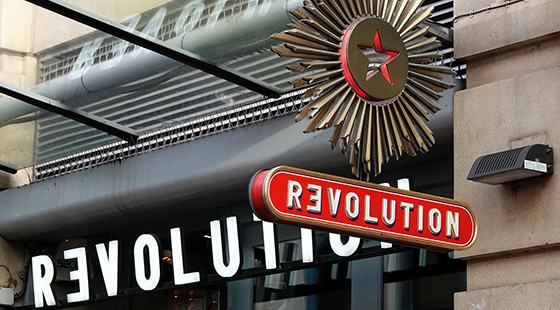How to: manage change
Eight key skills you and your managers need to manage change in your business.
1. Personal resilience
When reducing costs, you may lose valued colleaugues and have to learn quickly how to work with fewer people and resources.
Providing support to colleagues, peers and senior managers, and routes for line managers to get things off their chest, is an important part of keeping them effective through major change.
2. Trust-building
People look to their line manager for information on how a change is going to affect them. They are less likely to trust a big leadership presentation about the need for change unless this is reflected consistently in line manager priorities.
3. Networking
Building networks of trust with other line managers is essential to enable line managers to support themselves and to implement the details of change effectively. These networks can help bring problems to the surface earlier.
4. Coaching
Line managers need coaching skills to deal with the individuals who are struggling with change and they need to understand that people react to change in different ways.
5. Forcing clarity
When the details of the change are worked out, leaders need line managers who will help to shape the change and work out the implications of different ideas. While the ability to deal with uncertainty is an important capability, it is better to force clarity as early as possible.
6. Managing others' uncertainty
Most resistance to change is resistance to uncertainty, and managers that force clarity help staff cope with change. However, some uncertainties will inevitably remain.
The best line managers act as strong leaders, explaining why the uncertainty is necessary, what action is being taken and when it will be resolved.
7. Organisation
Creating a sensible plan, thinking through the details of how things will work and then delivering in line with the plan is a great driver of confidence.
8. Follow-through
The best line managers only start initiatives they can see through to the end, and they track change progress in the same robust way they track operational business performance.
Poor line managers never say no to initiatives and just wait for leaders to run out of steam.
Courtesy of Caterer‘s sister publication Personnel Today


















